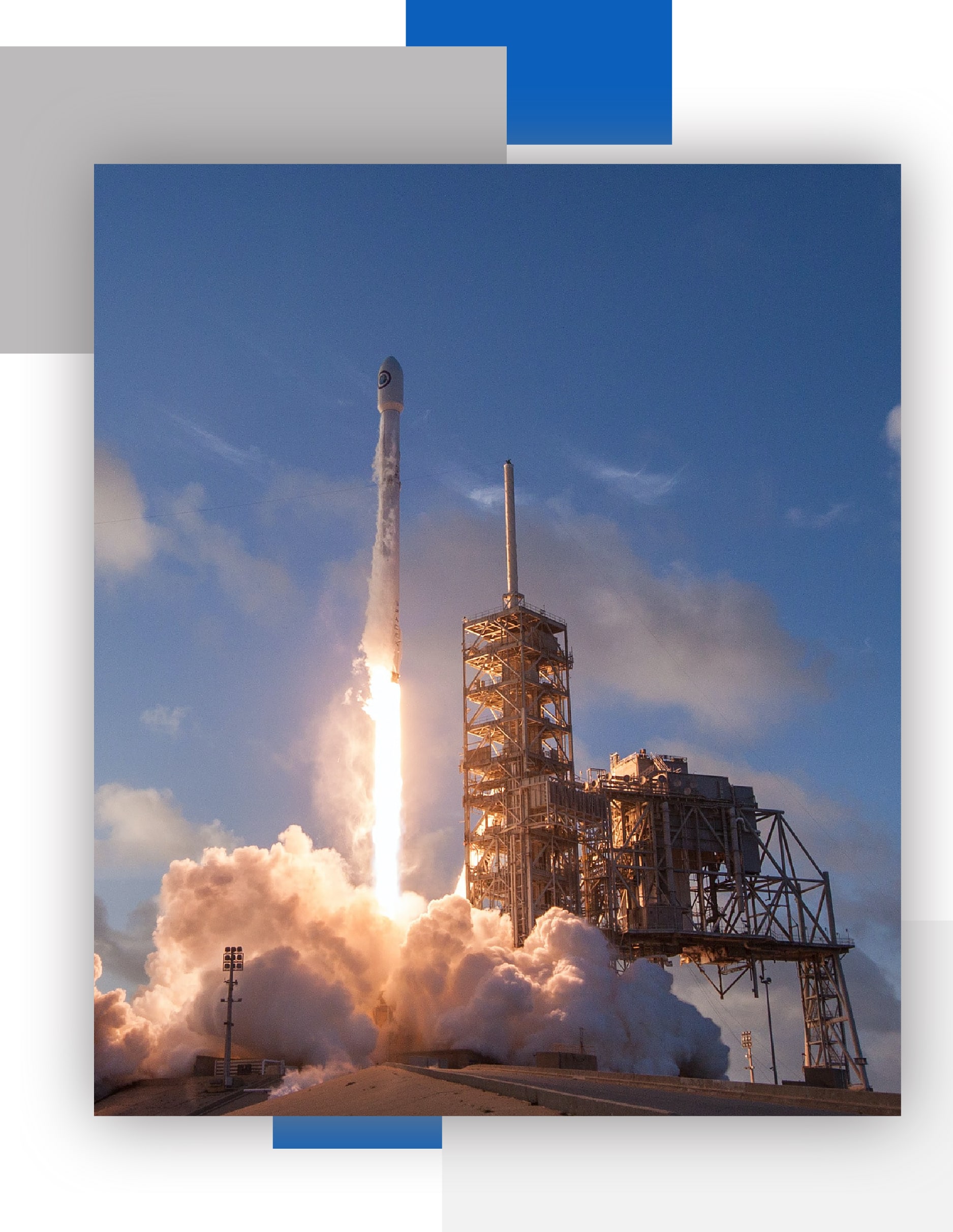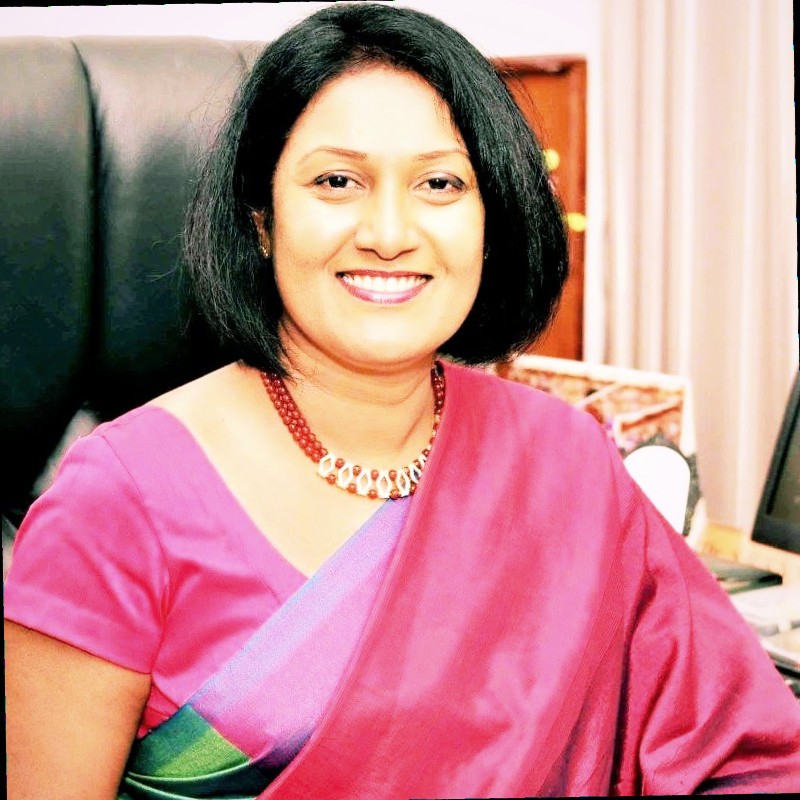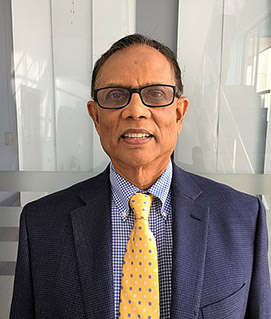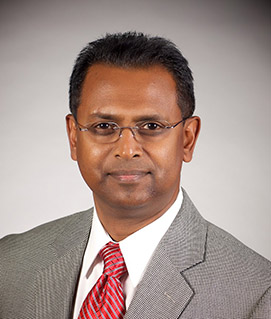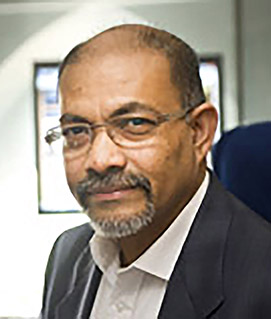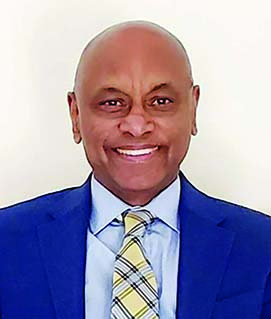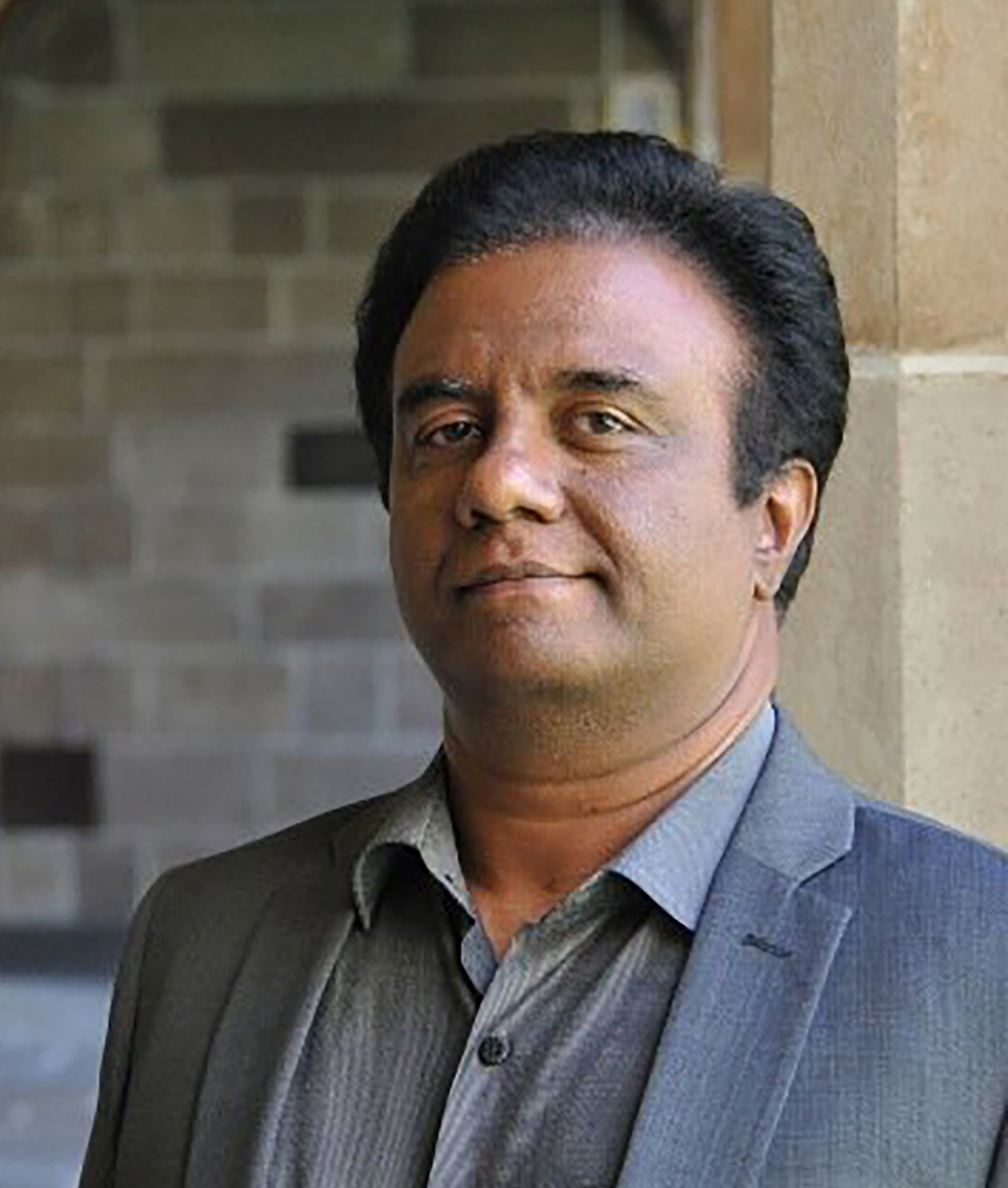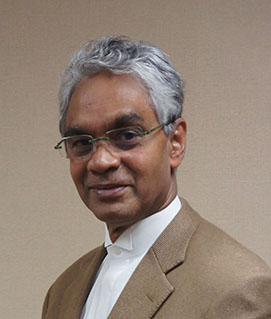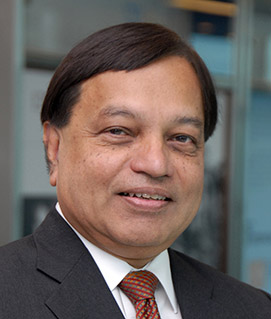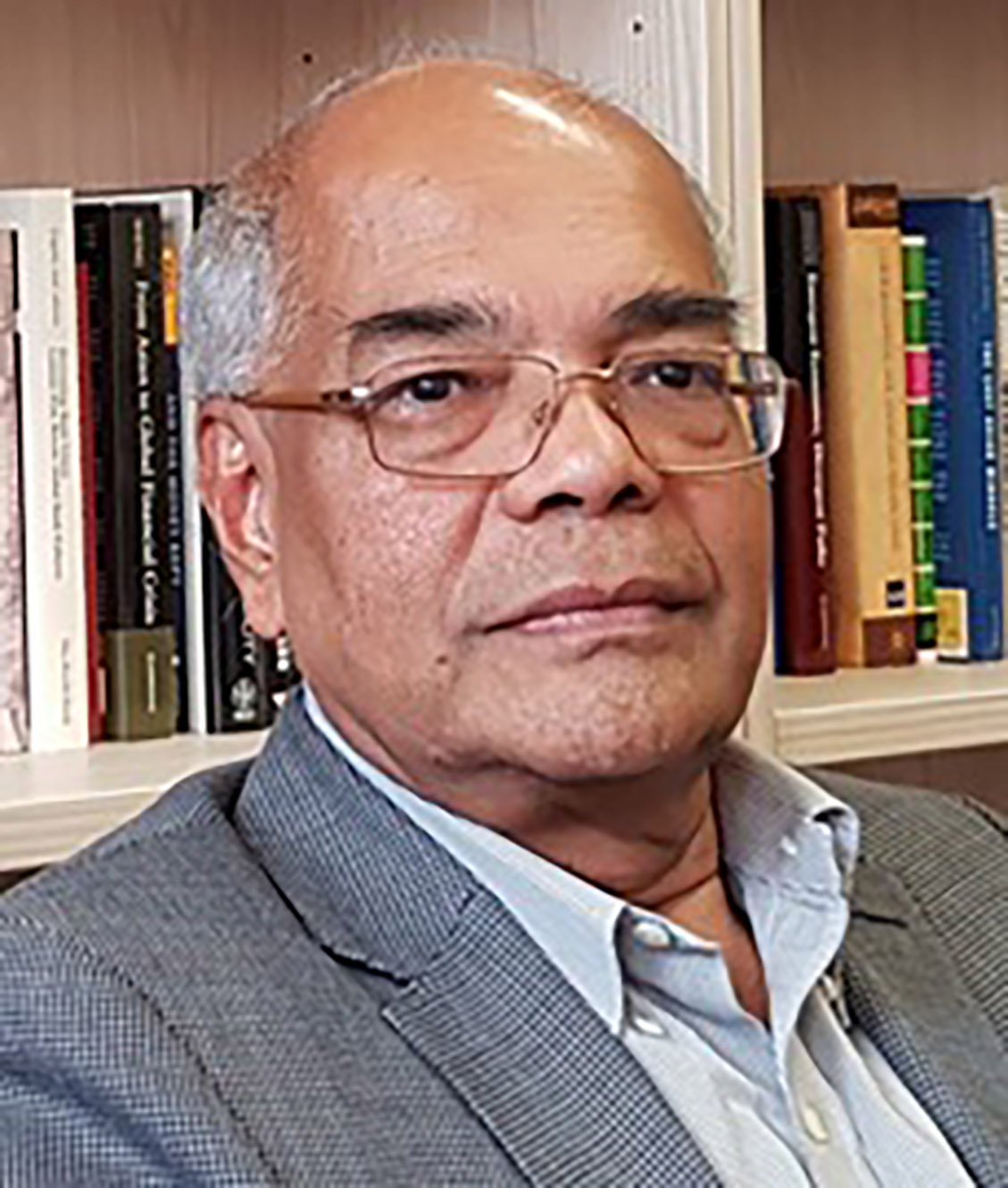PURPOSE
At present with the global knowledge-based economy, countries are increasingly relying on science and technology (S&T) skills and infrastructure for competitive advantage. In this knowledge-based economy, physical assets have been replaced with intellectual assets where science, technology, and innovation play a key role. The number of researchers per million population in Sri Lanka is 258 and it is 106 when considered in terms of full-time equivalent basis (Sri Lanka Science, Technology and Innovation Statistical Handbook, 2015, National Science Foundation). This is very low when compared with developed countries which are more or less 4000 researchers per million population. Therefore, increasing the number of researchers in Sri Lanka is a high priority concern.
S & T expatriate networks have become a powerful instrument in raising intellectual capital that has enabled the developing countries to strategically harness their expatriate scientists and technologists for national development. As a country that has experienced considerable “Brain Drain” during the past few de-cades, Sri Lanka needs to build a strong network for effective tapping of STI skills and state-of-the-art infrastructure from around the world. In order to achieve this goal, the NSF has taken initiative to establish a digital platform to facilitate, expand, and strengthen the network of researchers in Sri Lanka and expatriates abroad. A database of Sri Lankan researchers and expatriates abroad will be developed to support the backend of the platform. This digital platform will be an effective short-term strategy to enhance critical mass and harness the untapped talent pool from around the world at a minimal costʼ.
